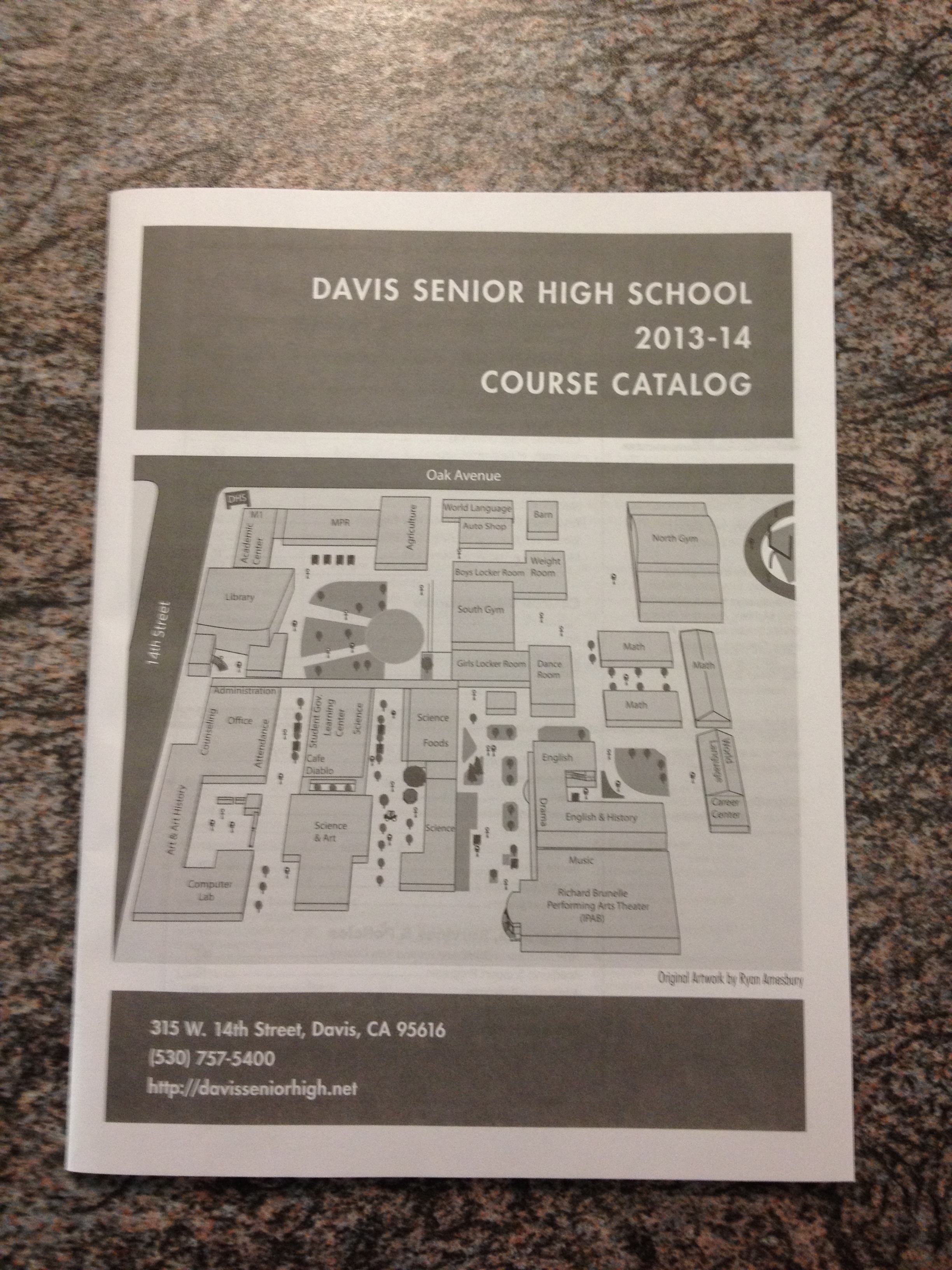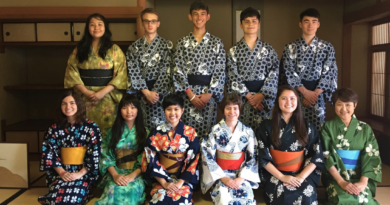DHS students make a difference
More than eighty people clustered together in P-13 for the Dec. 3 California Scholarship Federation general meeting. As soon as CSF President David Gygi finished speaking, the entire mob of “CSFers” bolted from their seats and charged towards the board, pen in hand, to sign up for new community service projects.
The unfortunate students who found themselves on the outside of the crushing throng were desperate to sign up before all the slots were filled. They urgently screamed to their friends towards the front of the crowd, “Sign me up! Add my name!”
It was so chaotic and crowded that you’d have thought they announced the opening of a new Disneyland ride right there in P-13.
But can this pushing, shoving, and screaming eagerness to volunteer really be attributed to these students’ generosity?
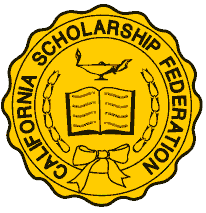
Three Clubs and the Search for Prestige
Gygi, a senior and longtime member of CSF, is aware that many of his club’s members commit themselves to community service projects solely for the academic prestige they can gain from colleges by volunteering.
“Kids are under phenomenal stress to produce the best résumé; unfortunately, this attitude is detrimental to the reputation of our club,” Gygi said.
Two other clubs at DHS, National Honor Society (NHS) and Key Club, also offer college prestige and scholarship opportunities in return for 20 hours of community service per semester (see sidebar for more information.)
Like CSF, these two clubs’ meetings are always packed with zealous Blue Devils. There are even a handful of students who are members of all three clubs.
Gygi believes that these clubs are so popular because students are pressured by peers and parents to join. Naturally, he says, everyone wants to appear as good as they can in front of colleges.
“It is society’s fault for turning students into machines designed to accumulate as many quantitative assets as possible,” Key Club secretary Feiyang Liu said.
But Liu believes that, regardless of students’ true motivations to volunteer, that Key Clubbers have “made a difference.” Last weekend, a group of Key Club members volunteered at the Davis Art Center Holiday Sale. “Those hours spent at the holiday sale may have changed a child’s holiday from being just ordinary to extraordinary,” Liu said. “And it is through projects like this that Key Club hopes to really develop a sense and love of helping the community.”
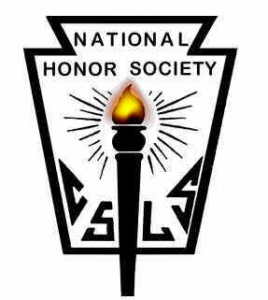
Junior Emma Hunter, the secretary of NHS, believes that while many students are generally selfish, there are also many students who volunteer because they understand the fulfillment in selfless work. To foster this fulfillment, Hunter says that NHS tries to provide a wide variety of community service projects for their members.
“This allows students to choose a project they are interested in,” Hunter said. “They become very passionate once they find a project that speaks to them.”
Finding Meaning in Volunteering
“We will always have kids who volunteer just for college,” said Eleanor Neagley, English teacher and NHS adviser. But, she adds, after they get out there and volunteer, they may find something that connects with them.
“I find that many of my students come back to this town after college and rediscover the community they found in high school,” Neagley said. “And some of these students found out who they wanted to be through the various community service projects that they participated in during their high school years.”
DHS counselor Ann Crook believes that community service is a vital part of education itself. “Community service helps kids to learn to be part of a larger world,” Crook said. “It helps you take the perspective of others.”
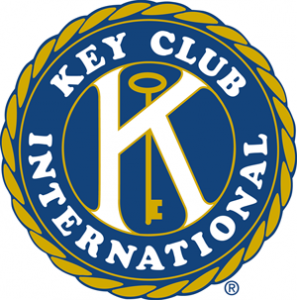
Crook adds that although many students, at first, participate exclusively to gain credibility for college, they may learn something about themselves in the process.
“Community service helps you discover areas of yourself that you can’t access in the classroom,” Crook said. “You can learn all about your strengths and interests…but not until you’re out there.”
Get Out There and Make a Difference
Community service opportunities are numerous, and each provides a chance to connect with the community. The doors of NHS, CSF, and Key Club are always wide open to eager volunteers searching for projects to immerse themselves in.
In addition, those who truly commit themselves to volunteering will not be surprised to learn that community service extends far beyond high school.
“[Volunteering for STEAC] keeps me in perspective,” STEAC representative Lynne Rumery said. “While we’re getting computers and fancy things for Christmas, I know of an eight year old girl [who is receiving aid from STEAC] who wants pajamas.”
STEAC volunteers, obviously, are not paid, but they are recompensed for their work with enrichment and, as Rumery demonstrated, a clearer perspective of the world.

